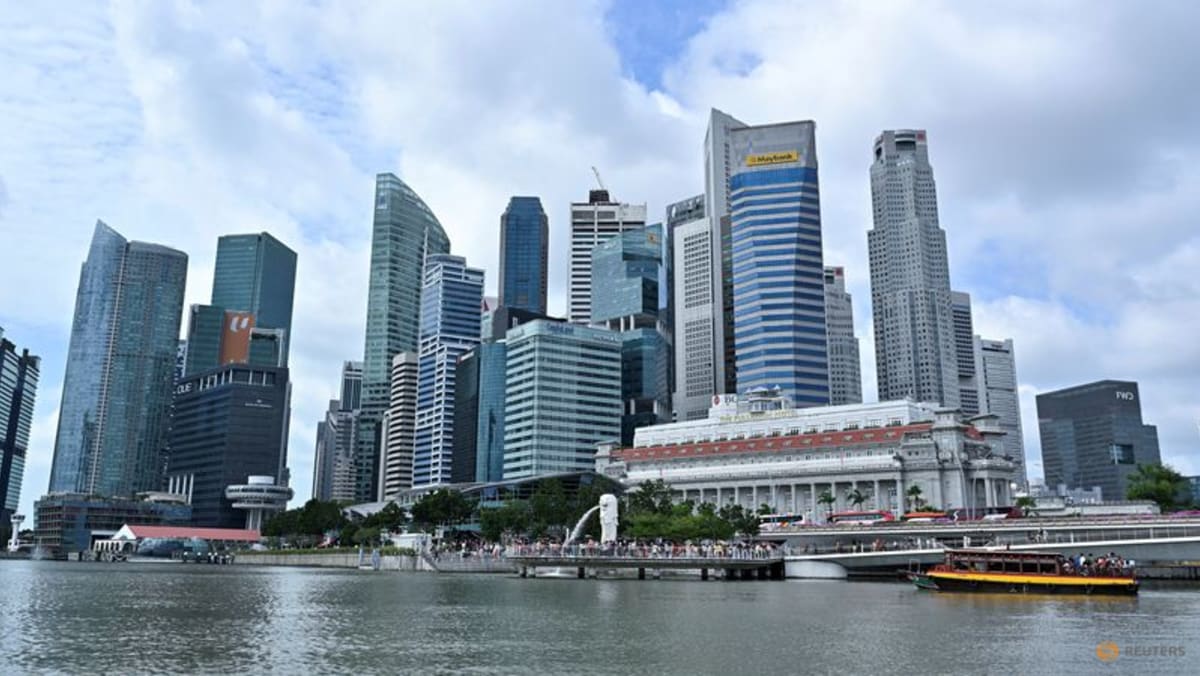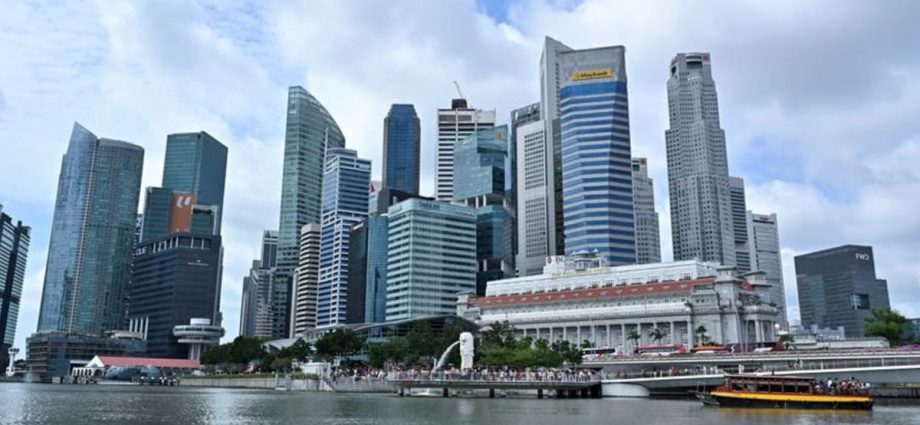
Among the seven shifts identified in the report are embracing learning beyond grades, and respecting and rewarding every job.
These shifts reaffirm the direction which Singapore has been taking in recent years to create a more inclusive society with a broader definition of success. At the heart of this effort is greater investment in education and training, all the way from preschool to one’s working years, with more diverse education pathways catering to different needs and preferences.
Lifelong learning will receive a significant boost from the newly announced SkillsFuture credit top-up, training allowances for mid-career Singaporeans, and a second publicly funded diploma.
The Forward SG report is unequivocal about the need to reduce wage gaps across occupations and narrow salary differences between university and ITE graduates. The articulation of this aim is significant: It is a critical step towards a more inclusive workforce and society.
Achieving this will require an upgraded suite of policy tools that includes progressive wages, along with greater societal recognition for workers in the skilled trades and care sectors.
Singaporeans can also look forward to greater guidance and support to plan their careers and tide over periods of unemployment, as well as more opportunities to develop themselves for specialist and leadership roles in their respective sectors.
ASSURANCE AND COLLECTIVE RESPONSIBILITY
Pressing challenges facing Singapore have increased mutual dependency among members of society, making the destinies of Singaporeans more closely intertwined. The success of any firm or individual rides on a wider ecosystem to which everyone contributes.
In this context, Forward SG recognises the need to strengthen mutual support and assurance within a refreshed social compact.
Several of the key shifts identified are in this direction: Supporting families through every stage of life, enabling seniors to age well, and empowering those in need. The initiatives for families are wide-ranging and holistic, spanning material, psychological and social well-being.
They address housing, childcare, mental health, work-life balance and caregiver support, speaking to pain points encountered by many Singaporeans facing pressures at work and home in a fast-paced society.

